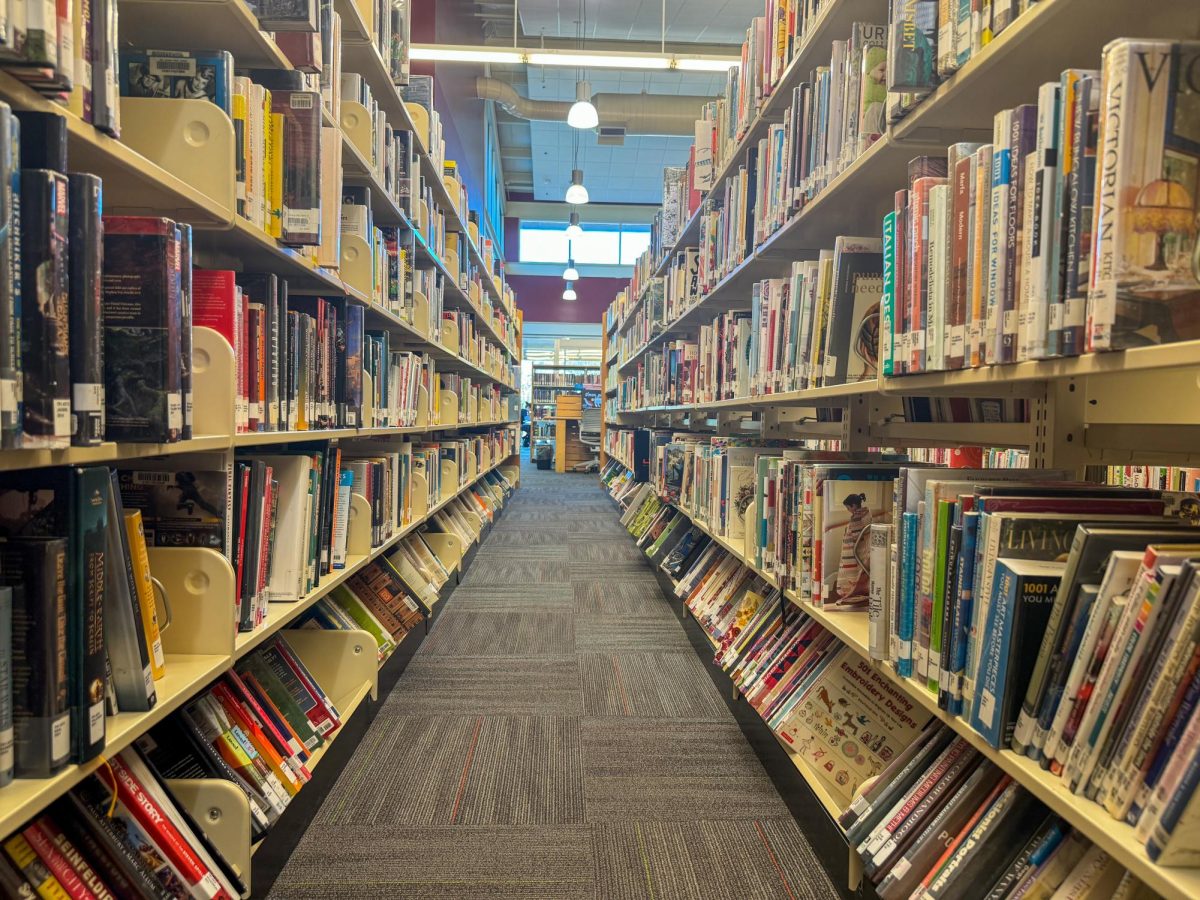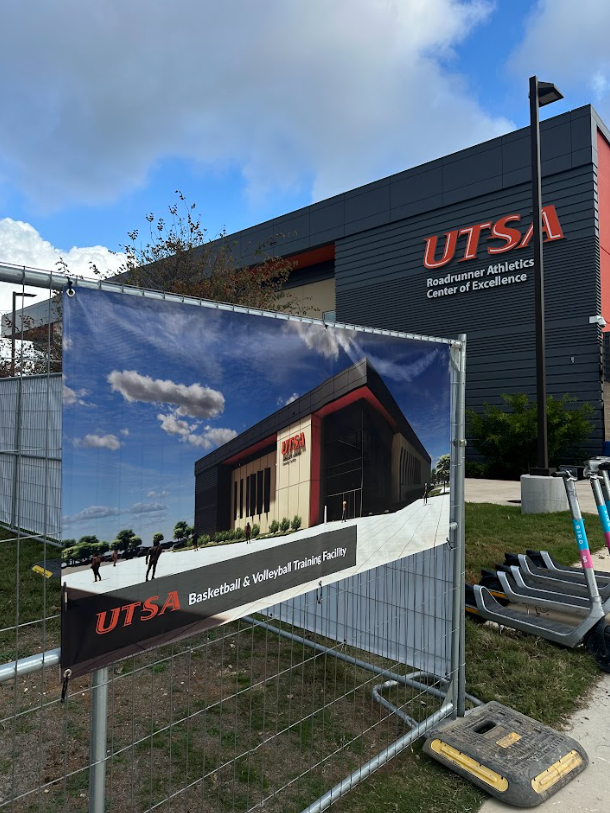On June 13, Governor Gregg Abbott signed House Bill 900, known as the Restricting Explicit and Adult-Designated Educational Resources Act. This Bill will go into effect on Nov. 1 and will ban “sexually explicit material” in school libraries.
HB900 defines “sexually explicit material” as any communication, language or material that describes, depicts or portrays sexual conduct. This does not include library materials that are directly related to the curriculum under the Education Code of Public Education. HB900 passed with a 95-52 vote with one representative who abstained.
Through this bill, library material vendors will have to apply ratings to their books in the categories of “sexually explicit” and “sexually relevant,” with the “sexually explicit” rated books being the ones getting banned and pulled from library shelves. The “sexually explicit” rating also includes “patently offensive,” which state law defines as materials that are an affront to the current community standard of decency.
The “sexually relevant” rated materials would require students to gain approval from their parents/guardians before checking them out. This rating has the same definition as “sexually explicit,” but it does not include the “patently offensive” wording and will target books and materials that generally reference sexual themes.
Book bannings in Texas were amplified after a situation in rural Hood County went under fire in 2021. The U.S. Department of Education launched an investigation into the Granbury School District and found that the superintendent was secretly ordering librarians to remove books with LGBTQ+ themes.
In 2022, Texas rated the highest in book ban attempts according to the American Library Association (ALA). The ALA found that Texas had 93 attempts to restrict access to books and within those numbers, 2,349 titles were challenged with Toni Morrison’s “The Bluest Eye” having the most. “The Bluest Eye” is a novel about an eleven-year-old African-American girl who is convinced she is ugly and yearns to have lighter skin and blue eyes.
Book bans across America continue to increase, and according to PEN America, there were 3,362 instances in the 2022-23 school year where a book was banned in K-12 public schools — a 33% increase from the previous year.
With the book bans affecting K-12 public schools, this does not have a direct impact on UTSA or other college campuses. However, in recent higher-education legislation, some colleges and universities have taken a step towards censorship over discussion and teaching topics in classrooms that portray the same themes as the books that will be banned in the form of “gag orders.”
Gag orders are state legislative efforts to restrict teaching about race, gender, American history and LGBTQ+ rights. These bills affect both K-12 public schools and public higher education. Pen America states that in 2022, 39% of these bills proposed were geared towards censorship on higher education campuses, which is higher than the previous year with 30%.
One of the gag orders signed in 2022 was Florida’s House Bill 7, which prohibits curriculum that includes concepts such as that anyone is “privileged or oppressed” based solely on “their race, color, sex, or national origin” or that anyone is “inherently racist, sexist, or oppressive, whether consciously or unconsciously,” by virtue of “their race, color, sex, or national origin.”
UTSA has not made a statement about the recent passing of HB900 or moved in any steps toward a gag order.
To learn more about HB900, visit capitol.texas.gov/tlodocs/88R/billtext/pdf/HB00900F.pdf#navpanes=0.








